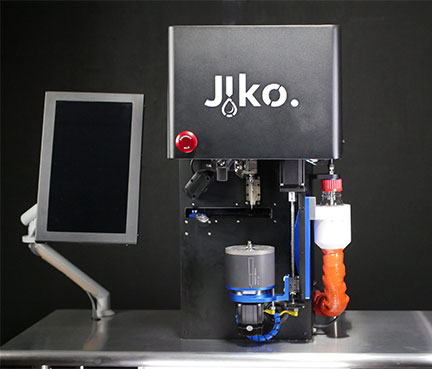Securing funding can be difficult for businesses in the cannabis industry. Since marijuana is still federally illegal, major banks don’t want to touch any entities involved, leaving cannabis businesses to seek out private funding options.
Sorting Robotics recently secured $2 million in debt financing from investment groups Kiso Capital and Prospeq, marking a huge milestone for the automation solutions provider in the cannabis industry.
Ensuring Growth for Sorting Robotics
The debt financing, which consists of $2 million in growth capital, will be allocated towards bolstering inventory to meet the increasing demand for Sorting Robotics’ automation solutions and enhancing the company’s working capital to further accelerate sales and market penetration.
“The debt financing is crucial for Sorting Robotics, providing essential capital that drives our innovation without diluting ownership. It’s a strategic move that ensures our growth and enables continuous technological advancements to meet market needs,” states Nohtal Partansky, Co-founder and CEO of Sorting Robotics.

Streamlining the Cannabis Industry
The automation solutions company has made a name for itself by offering industry-leading solutions such as:
- Jiko, the cannabis industry’s first pre-roll infusion robot
- Jiko+, a donut-style pre-roll infusion robot
- Omni, a desktop vape-cartridge filling machine
- Mayweather, an automated pick & pack robotic arm
Each solution is designed and engineered to streamline processes and improve efficiencies for cannabis operators. The company’s commitment to advancing technological solutions has played a pivotal role in its success, and this latest funding round is set to accelerate its growth for a new upcoming product line: Stardust. According to Partansky, Sorting Robotics has raised this financing to make 2024 the product’s breakout year.
Partansky notes that while securing the funding was relatively painless, it did take almost a year to get it figured out. “Having our finances in order was a critical part of the due diligence process. After that, it was about articulating our vision for what the future of automated manufacturing will look like to our partners over at Kiso Capital. Once we were aligned in vision and finances, everything else was fairly boilerplate,” he says.










